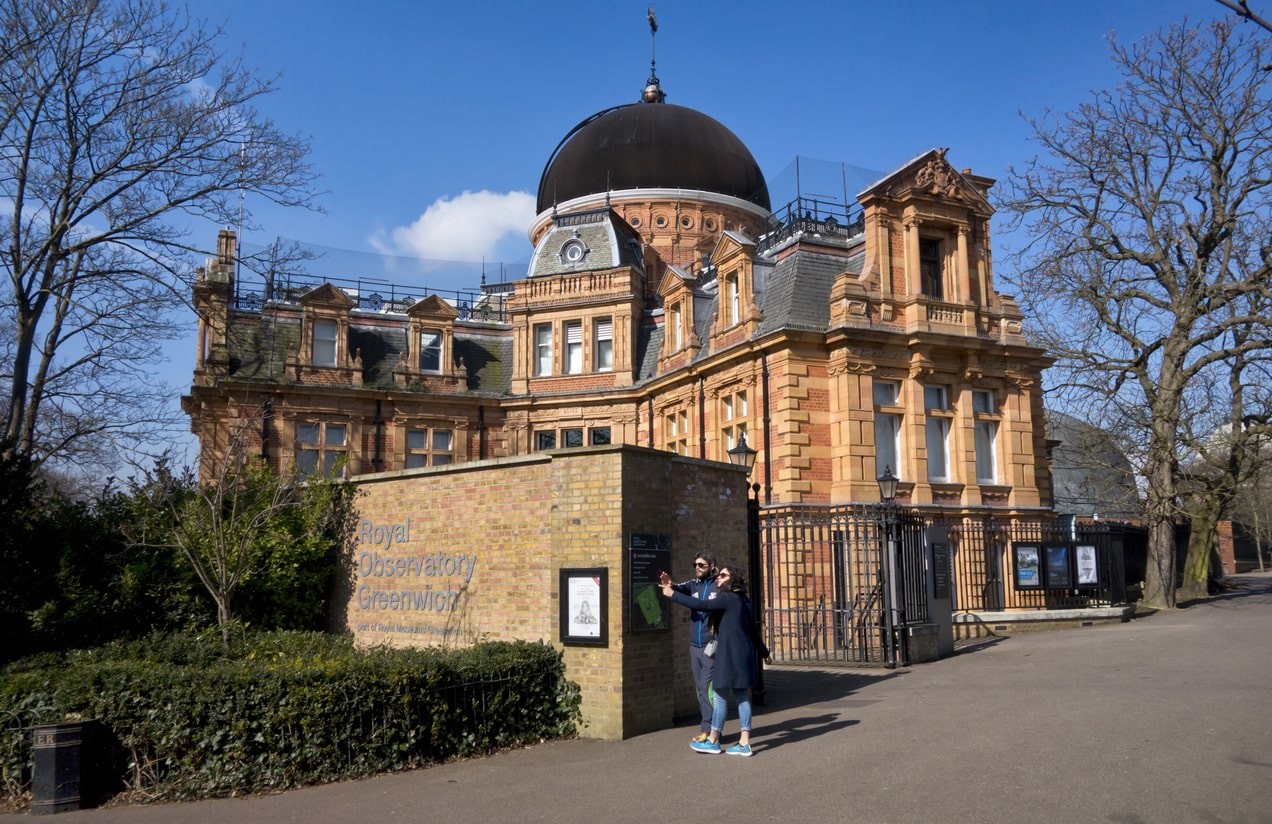Understanding Summer Time
In many countries, "Summer Time" is used interchangeably with Daylight Saving Time (DST). This practice involves setting the clocks forward by one hour during the warmer months, usually from spring to early autumn.

The goal is to make better use of daylight in the evenings by shifting an hour from morning to evening. This adjustment allows people to enjoy more sunlight after work or school, making outdoor activities more accessible during the longer summer days.
Historical Background of Summer Time
The term winter time is occasionally used instead of standard time, which officially refers to the period when Daylight Saving Time (DST) is not in effect. The idea of adjusting clocks to use daylight more efficiently has existed for more than a century. In the United Kingdom, this practice is officially known as British Summer Time (BST). The concept was first introduced during World War I and became a regular part of life with the Summer Time Acts of 1916, 1925, and 1972.
Germany was one of the pioneers in adopting this practice, calling it Sommerzeit. In other European countries, such as Scandinavia, it is known as Sommertid. The practice is widespread, although the exact dates and implementation vary by country.
War Time Adjustments
During World War II, DST took on additional significance. In the United States, it was referred to as "War Time," with time zones renamed to reflect this change (e.g., Eastern War Time, Pacific War Time). In Britain, the government even introduced "British Double Summer Time," where clocks were set two hours ahead of standard time during the summer.
How Does Summer Time Affect Us Today?
For many, Summer Time brings the advantage of longer evenings, which can be enjoyed for leisure activities, sports, and socializing. However, the transition can be challenging, with some people experiencing sleep disturbances and other health-related issues.
Despite the mixed opinions, Summer Time remains in practice in many parts of the world, although its future is still being determined as more regions consider abandoning the clock changes altogether.
Controversies and Modern-Day Perspectives
Over the years, the effectiveness and necessity of Summer Time have been debated. While the original intent was to save energy, modern studies show minimal energy savings. Additionally, the twice-yearly clock changes can disrupt sleep patterns and daily routines, leading to discussions about continuing the practice.
This debate has been particularly active in the European Union. Moves have been made to end the practice, with some arguing that its benefits no longer justify the disruptions it causes. As discussions continue, the future of Summer Time remains a topic of interest and debate.



